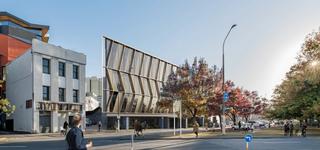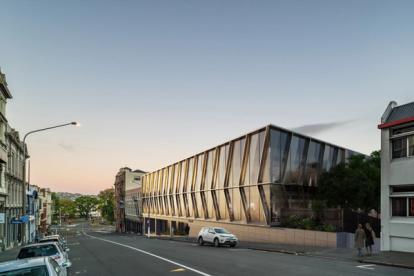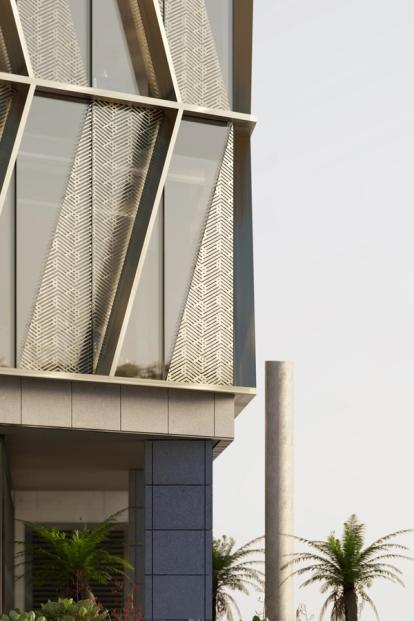Ōtepoti ACC Building
- Client Name
- Dowling Street LP
- Location
- Dunedin, New Zealand
- Planning

Challenge
The Accident Compensation Corporation (ACC) required a new single location to house their Dunedin staff occupying four separate buildings in the city. ACC and Ngāi Tahu Property, a leading New Zealand property development and investment company owned by Te Waipounamu (South Island) iwi, Ngāi Tahu partnered in a 50:50 joint venture to deliver the project.
The site is of particular historical significance for Dunedin, being located within a commercial heritage precinct surrounded by a number of scheduled heritage buildings. A detailed archaeological assessment of the former pre-1900s buildings found remnants dating back to the earliest settlement in Dunedin. The streetscape and heritage character values were therefore important to incorporate, and the client desired the building design to be sensitive to the site location and reflect the city’s heritage.
Solution
4Sight (now SLR) obtained the resource consent for the new office building and was involved in the construction phase, with a ‘live’ planning process, incorporating construction noise exceedance. The four-storey building, with the capacity to accommodate up to 650 staff, allowed ACC to integrate their Dunedin based operations into a single purpose-built office building. Our team managed a comprehensive pre-application process undertaken with Dunedin City Council staff.
The building went through an extensive co-design process with Warren and Mahoney Architects and Aukaha, who enabled the cultural values and narrative to be captured within the building design. The design response is grounded in the renewal of the story of the place name - Ōtepoti and the narrative is captured within the design using an aluminium and fritted glass façade to create a multi-scale woven pattern to reference a flax poti that is represented on the upper floors of the building.
Overall, the whole design works to anchor the new building into its colonial historic streetscape whilst connecting to the mana whenua cultural narrative, achieving a positive balance between historical and cultural values in design.
Impact
The site has been identified as being on the edge of the former Toitū estuary and having major significance as a historical place for waka landing, food gathering and exchange. The building design has enabled the cultural values and narrative that contribute to the significance of the place to be captured and will broaden the community's understanding of the importance of the site to mana whenua.
Images were prepared by Warren and Mahoney for the resource consent application

